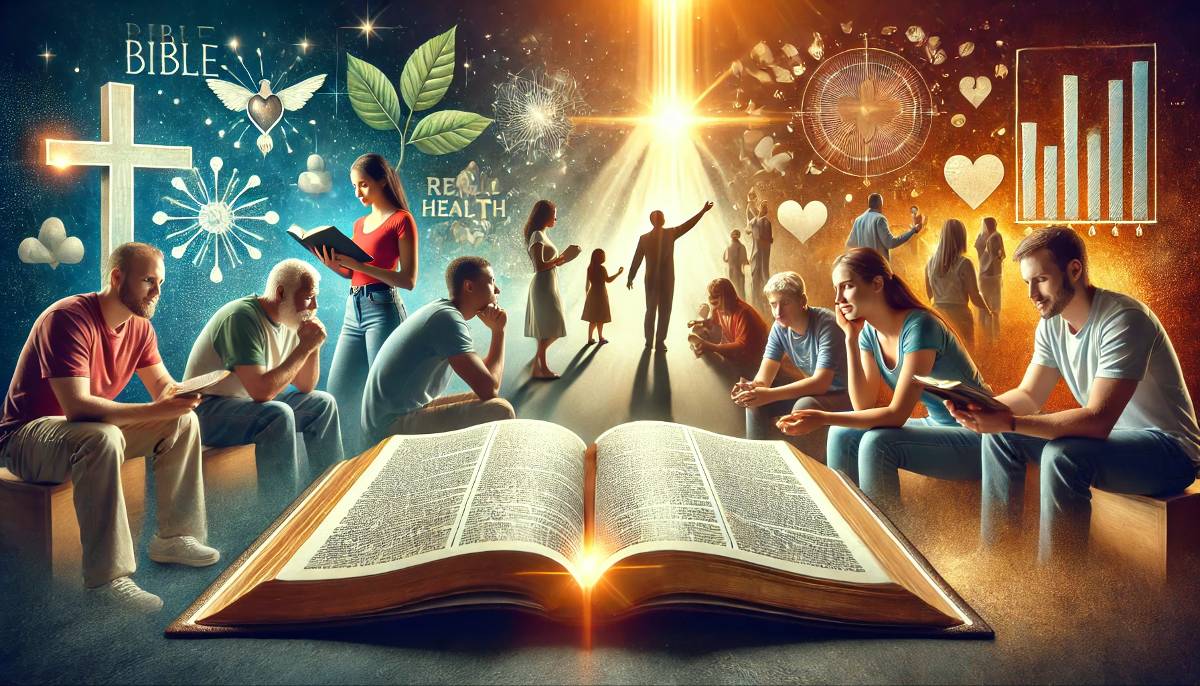
Earlier this week, Ohio Senator J.D. Vance was selected as the nominee for Vice President of the United States, running alongside presidential candidate Donald Trump. If elected, the 39-year-old former Marine and father of three would be one of the youngest vice presidents in American history. Before he entered politics, however, Vance gained notoriety as the author of the bestselling autobiographical novel “Hillbilly Elegy” which was adapted by Ron Howard for an Academy-award nominated film starring Amy Adams, Glenn Close and Gabriel Basso.
“Hillbilly Elegy,” which quickly re-entered the top of Netflix charts after Monday’s announcement, is Vance’s story of survival and triumph, highlighting three generations struggling to make it through life in Ohio. On the eve of the film’s initial 2021 debut and before he won his Senate seat in 2022, Vance spoke with me about his life, his book “Hillbilly Elegy,” the important of church community and faith, and how he felt about being so open and honest about his family history.
Here’s some excerpts from that interview:
I think what one of the things that really struck me about “Hillbilly Elegy” was the idea of rising above circumstances. Can you talk a little bit about that?
Yeah, it’s definitely one of the stories of the movie, and I think also one of the tensions of it, because you want to try to escape those parts of your childhood that may be left a little bit of a mark, but you don’t want to lose everything. Because that’s what made you who you are. There is this real tension where when you try to step away or you try to rise above, so to speak, you end up losing those roots and losing those connections to the people you love, I think, especially Mamaw who really made me who I am. I think that what I’ve tried to do or the way that I’ve tried to think about it—and certainly I think this comes through in the book—is you’ve got to identify the parts of your own history, your own family, your own life, that has to be improved upon so that you have a decent chance in life, but not lose everything, because then you just become sort of driftless
Right. I write a lot about entertainment, and sometimes it takes a faith slant. So I wanted to ask if there was if there was a faith element that played any part in in your story. Is it something that you drew strength from as you grew up?
Yeah, there definitely is. The movie touches on this a little bit in the beginning, like my great grandmother’s listening to, I believe, an evangelist on the radio. Faith is very, very much a background piece of my own story. I actually converted to Catholicism about a year and a half ago, and a friend made the observation. I’ve actually written about this a little bit. I’m sure you can find it online. But my friend made the observation that what I was attracted to about Catholicism was that that sense of rootedness that it had this very historical linear connection to the past. We didn’t go to church that often. Sometimes I went with my grandma. Sometimes we went with my dad. So, we were, in a lot of ways a family that professed the Christian faith. And it was very important. There were Bibles around the house. We talked about God a lot. But we didn’t have a connection to an institutional church. I actually do think that’s one of the worries I have about the broad community is you’ve got a lot of people who do believe in God, they are Christians, and they believe it in their hearts, but they don’t have a connection to a church, which, I think can provide a real sense of community, a real sense of a spiritual home. It was very important to us, but in some ways, I’d say it’s become more important to me as I’ve gotten older, just because I’ve gotten more plugged into an actual community.
There’s a saying that some people have just enough religion to be dangerous. They have a faith background, but they’re really not plugged in. I also wanted to mention one of my closest friends, he came out of a similar situation, and I was at his children’s dedication. He said from the front, that “This cycle ends right now. It is not continuing. My children are going to live in a different world.” And that was so powerful and one of the things that touched me about your story, finally ending this cycle of hurt.
Yeah, it’s a very important point. And you hear this term “the American dream.” I think it means 100 different things to 100 different people. But for me, what it always meant was ending that cycle. It was having a stable home, a family, knowing that my kids wouldn’t worry about their ability to rely on me, knowing that they expected that they’d live in the same home for years at a time. They wouldn’t move around all the time, that they’d have that stability that I didn’t have as a kid. That’s always how I define success. It wasn’t law school. It wasn’t a good job. It wasn’t money. It was always “Can I provide my family the things that I didn’t have?” And of course, there is an economic component to it. But I think for me, especially a lot of it was just recognizing the ways in which I had grown up, how it operated on me, and how I needed to escape certain parts of it.
How did you feel when you saw the movie? I’ve talked to several people who’ve had movies made about their lives, and how overwhelming it is. Was that your feeling when you when you watched it?
Yeah. I watched it a few times as different drafts of the movie came together. The first time that I saw it, I watched it with my wife and my cousin. It was it was one of the most emotional two hours of my entire life. I mean, we were we were all crying. We were just really overwhelmed by it. I think now at this point, I’ve gotten a sufficient detachment from it that when I saw the Final Cut, I watched it more as a movie than in lessons sort of a reflection on my own life. But the thing that I would say is most emotionally impactful and good and bad ways or at least in challenging and good ways, is seeing the people that you love, who have passed, sort of come to life again. As much as Glenn Close nailed the character, and she did a very good job – she’s still not 100% my grandma. But it’s close enough that you start to really like internalize, “This person is on the screen.” If I had one wish, it would be for me to have a meal with her and have her meet my own kids. To see that on the screen, it continues to be very, very powerful. It’s challenging. It’s emotional, but tough. And the other thing I’d say about it is it’s definitely led to a lot of interesting conversations amongst the family. There has been this catharsis to it, where you see a particular moment replayed, and you hit the pause button, and you talk about like, “What was that moment? What did it mean to you? How is your perspective, the same or different from the movie?” And I think that back and forth in that conversation is definitely one of the things I hope comes from the movie for a lot of people, but certainly is been very powerful for us personally.
What made you decide to tell your story? At one point, you say it’s a deep dive into your life, and that’s pretty personal. So, tell me about that decision.
It’s a long story. It started as a sort of a sociology or political piece essay in law school about upward mobility in America. A professor of mine who had some connections in the publishing industry just kept on, as I kept on turning in, would say, “Well, why don’t you make this a little bit more personal? Why don’t you give the reader some insight into why you care about this stuff? Not just the data, not just the statistics.” One thing led to another, and it was like people wanting to publish this book. I had to get comfortable with the fact that all these stories would be out there. The way I kind of rationalized it was I didn’t think anybody would actually read it. It’s one of those things where if I had known what would have happened, I either wouldn’t have written the book, or I would have written a much less open book. Consequently, it’s a classic chicken and egg problem. The whole thing, the whole cycle, would have been much different. But I I talked to my uncle at Thanksgiving a couple years ago, when the book had really blown up. He said, “I’ve got to be honest with you. I don’t know how I feel about having all these family stories out there, like this is sort of our dirtiest laundry and some of it is on the page.” And I said, “Uncle Jimmy, you know, you were the person who was most open, like all these stories came from you,” because he’s the oldest in the family who’s still alive. He remembered all this stuff. I said, “So you’re the one who told me all this stuff. And he said, “Well, yeah, but I didn’t think anybody else would read it. Neither did you.” There’s definitely a little bit of that going on where you tell yourself nobody’s gonna’ read it, so you can be a little bit more honest. And then because you’re honest, maybe people end up engaging with it more.
“Hillbilly Elegy,” directed by Ron Howard and starring Amy Adams, Glenn Close and Gabriel Basso, is currently playing on Netflix.


